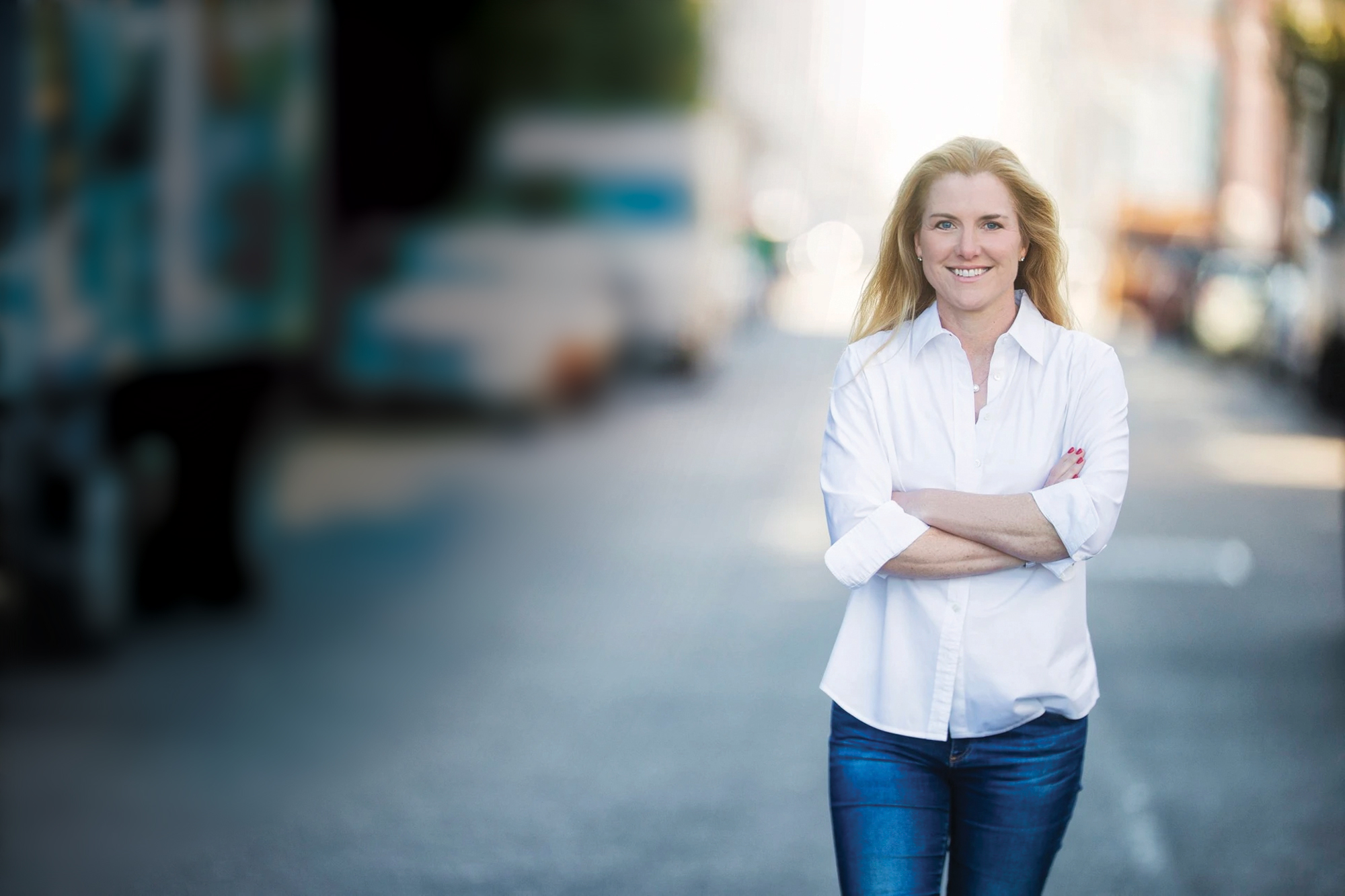Making history Making history Making history
Bringing perspective to the pandemic

Bringing perspective to the pandemic
In this complex moment we find ourselves in, we are beginning to shape a path forward in the late stages of a world-changing pandemic—while also trying to make sense of what we have endured over the last two years.
These themes resonate deeply with me and run parallel to my work as a historian. I teach and write about the political, economic and metropolitan history of the United states. I spend a lot of time thinking about the critical role of history in how we understand the present and how we look to the future. My research focuses on the high-tech industry, American politics and the connections between the two.
While it’s true that history is made every day, there are days, weeks, months and even years you just know will be prominent in the history books. And since early 2020, we have been living in one of those times.
Experiencing history in the making is an uncomfortable place for a historian to be. We tend to like to wait until the dust settles before we attempt to make meaning from human events. It still is far too early to render a verdict on the last two years, not least because the story of the pandemic is far from over.
But I have been thinking a lot about past crises and what we can learn from them and how to navigate this one.
“Experiencing history in the making is an uncomfortable place for a historian to be.”
There’s the 1918–19 influenza pandemic, of course. Seattle was relatively less affected than some other large American cities, but still, about 1,500 Seattle citizens died of the flu—many of them healthy young adults and children. And the worldwide toll was staggering. More American soldiers died of the flue than died in combat in World War I.
Yet here and beyond, that pandemic quickly faded from collective memory. Americans threw themselves headlong into the Roaring 1920s. Leaders and communities did little to mourn the great losses suffered by so many people. This collective amnesia persisted; in the U.S. history textbooks our students read and that professors like me write, that pandemic often gets only brief attention.
So we mostly forgot that people fought over pandemic-mitigation measures then, too. We forgot that disinformation thrives at moments of collective crisis. We forgot how much leadership matters; President Woodrow Wilson was so concerned about damaging morale during wartime that he and most other world leaders downplayed the pandemic’s seriousness until it was too late.
Perhaps if the influenza pandemic had been more familiar to the average person in 2020, we as a population would have more readily understood and accepted how to curb disease’s spread. We would more easily have seen that individual outcomes depend hugely on the actions we take as a community.
Even crises that loom larger in our collective memory can benefit from a closer look. We’ve heard a lot over the last months about the solidarity of World War II’s “greatest generation,” which sacrificed so much, seemingly without complaint. Well, the truth of the matter is that the wartime generation did complain, and argue, and sometimes mightily resist the rationing and restrictions on everyday life imposed by a government during the war. President Roosevelt was called a tyrant, a dictator, a socialist.
Shared sacrifices were uncomfortable, hard, painful—but essential to winning the war. Americans overcame their differences then. Maybe they can now.

The Seattle Fire Department held a pop-up COVID-19 vaccination clinic for the UW community at Alder Hall, 2021 (top left). Seattle Red Cross nurses wearing influenza masks, 1918 (top right). In both pandemics, Seattle transit riders were required to don masks—whether catching a Metro bus on Campus Parkway in 2021 (bottom left) or riding the Green Lake trolley in 1918 (bottom right).
As much as I look at the big picture, about how we will move forward together as a society, I think about this community right here: the small things I have experienced, the remarkable moments I have shared with my students. They have been extraordinary. I don’t miss teaching on Zoom at all, but I was proud to share with my students this collective effort to create community in a virtual space.
I watched many of them truly rise to the challenge—from their own nooks, bedrooms and corners of their apartments—engaged, resilient and open to learn.
To share in this experience, together, was to share a great deal of vulnerability. Yes, it was incredibly taxing. But to go through this collectively, as a community—it knit us together more tightly.
Let us not forget. Let us grieve. Let us forgive our mistakes and learn from them. Let us also learn from our successes: following the science, protecting student and community health, finding new ways to teach and learn.
And let us also celebrate the wider UW community that enables all of this to happen. You strengthen this community, and you help keep us healthy—through your scholarships, through your support of faculty and research, through your contributions to the facilities and programs that help make the UW one of the best public universities in the world.
We thank you, our generous donors and advocates, for all that you make possible at the UW, and for the role each of you plays in making history.